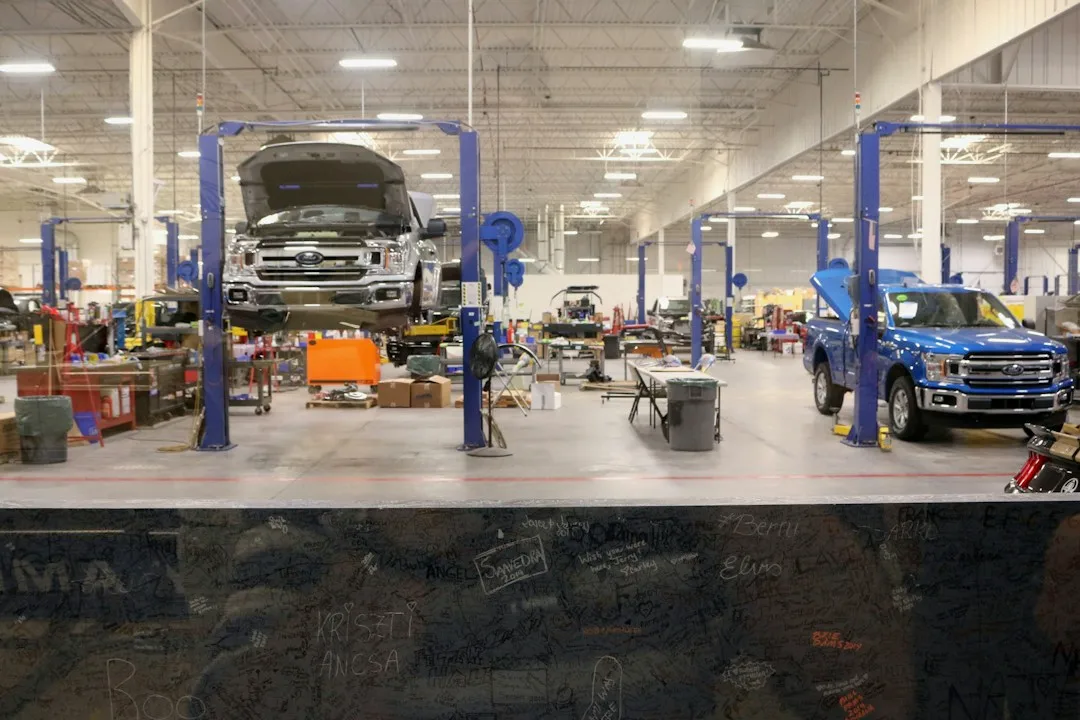Is an Extended Vehicle Warranty Worth the Investment?
As automobiles become more advanced and repairs more costly, many drivers are left wondering whether investing in an extended vehicle warranty is a prudent choice. This can be particularly important as your vehicle ages and the likelihood of mechanical failure increases. An extended warranty can provide peace of mind, but it’s essential to understand what these policies cover and if they make financial sense for your situation. Researching reviews and other details from a resource like the extended vehicle warranty by Endurance will help you get a head start on your search for warranty coverage. In this article, we delve into the intricacies of extended vehicle warranties and offer insights to help you decide if they’re worth the investment.
Understanding Extended Vehicle Warranties and How They Work

An extended vehicle warranty, also known as a vehicle service contract, kicks in after the expiration of the manufacturer’s factory warranty. It is designed to cover the costs of certain repairs and maintenance beyond the original warranty term. However, these contracts can vary significantly depending on the provider and the level of coverage chosen, with some covering only the most critical components while others offer comprehensive protection.
The way these warranties work is relatively straightforward: you pay for the coverage either upfront or through financing, and when a covered issue arises, the warranty provider pays for the repair costs based on the terms of your contract. Most policies require that you pay a deductible, and there may be limits on the amount the provider will pay over the life of the contract. It’s essential to thoroughly understand these details before committing to a plan.
Factors such as the age of your vehicle, its reliability track record, and the average cost of repairs should influence the decision to purchase an extended warranty. As your car ages, components become more susceptible to wear and tear, potentially making a warranty more valuable.
When an Extended Warranty Makes Sense for Your Vehicle

An extended warranty typically makes sense if you plan to keep your vehicle well past the expiration of the manufacturer’s warranty and you prefer the assurance against unexpected repair bills. This is especially relevant for vehicles notorious for expensive maintenance or those with known mechanical issues that develop over time.
Additionally, if you rely heavily on your vehicle for daily commutes or long trips and cannot afford downtime or costly repairs, an extended warranty can serve as a buffer. The convenience of having most repairs covered and potentially a loaner car can be valuable for those who need consistent transportation.
For drivers who aren’t mechanically inclined or do not have a trusted mechanic, navigating repairs can be daunting. An extended warranty simplifies the process, often including access to certified repair facilities and hassle-free payment processes directly from the warranty provider to the repair shop.
It’s also worth considering your financial planning. If unexpected large expenses could disrupt your monthly budget or savings plans, the predictability of an extended warranty cost can be a strategic choice to manage finances effectively.
Tips for Shopping for an Extended Warranty Without the Pitfalls
As you shop for an extended warranty, start by comparing different plans and providers. Look beyond price, examining coverage limitations, deductible amounts, customer reviews, and business ratings with a resource like the Better Business Bureau.
Understanding what is not covered is as crucial as knowing what is. Maintenance items like oil changes, brake pads, and wiper blades are typically not included in extended warranties. Check for any clauses regarding pre-existing conditions or requirements to qualify for coverage, such as regular maintenance adherence.
Finally, be wary of telemarketing calls and mail solicitations offering extended warranties. These can sometimes be scams or subpar offerings that don’t provide the security a reliable warranty should. Stick to well-known providers and conduct your due diligence before making any commitment.
Overall, the decision to purchase an extended vehicle warranty is a personal one, influenced by your driving habits, financial situation, and the vehicle you own. A careful assessment of these factors, along with diligent research, will help you make an educated choice about whether or not this investment makes sense for you.



